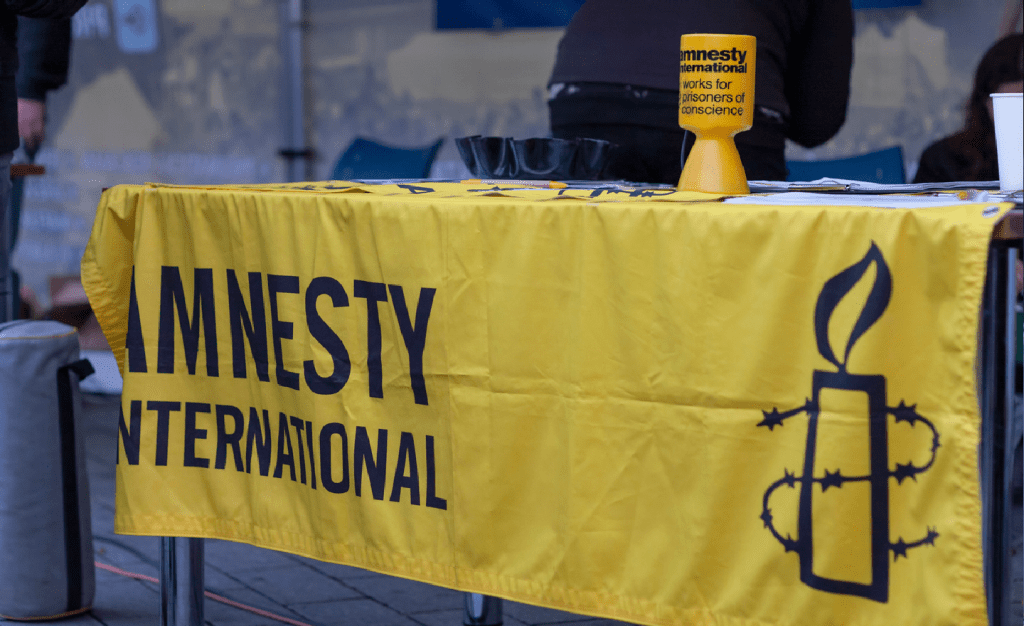Iran executed 853 people in 2023, marking the most since 2015, as per a new report from Amnesty International. report in Amnesty International.
The increase in executions is linked to Iran's ongoing crackdown on drugs. In 2023, more than half — 481 people — were executed for drug-related crimes.
After Iranian President Ebrahim Raisi's election in 2021, there has been a sharp increase in the use of the death penalty, attributed to a change in the anti-narcotics policy enacted by Gholamhossein Eje'i, head of the judiciary, as pointed out by Amnesty.
In 2023, the total number of executions rose by 48 percent from 2022 and 172 percent from 2021.
Drug-related offenses, which accounted for 56 percent of the executions in 2023, saw a significant spike. These executions increased by 89 percent from 2022 and 264 percent from 2021.
Diana Eltahawy, deputy regional director for the Middle East and North Africa at Amnesty, stated, "Using the death penalty on a large scale for drug-related offenses after unfair trials before Revolutionary Courts is an abuse of power."
Eltahawy continued, "The government's deadly anti-narcotics policies are perpetuating poverty and injustice and strengthening discrimination against marginalized communities, particularly Iran's oppressed Baluchi minority."
The report highlighted that despite the Baluchi minority comprising only 5 percent of Iran's population, they made up 29 percent of drug-related executions, underscoring the discriminatory impact of the government's anti-narcotics strategy on the most marginalized and impoverished communities.
The report also mentioned that the increased use of the death penalty is a result of the government's efforts to suppress protests. Specifically, Amnesty pointed to the 'Woman Life Freedom' movement from September to December 2022, representing women's fight for equal rights in Iran, which prompted the government to intimidate people into silence.
Amnesty, in its report, urged the international community to pay more attention to the widespread use of the death penalty.
The report warned that without immediate action from the international community, drug-related executions will continue to rise, as the judiciary, legislative, and executive branches work to pass a new anti-narcotics law that could further expand the range of drug offenses punishable by death.









